Starting as a captivating love story, Audition unexpectedly shifts towards the horror genre, leaving viewers in a state of shock. This is one of the most notable 18+ films from Japan that has sparked considerable controversy at the end of the 20th century, marking a significant milestone in the career of director Takashi Miike.
Beginning as a Love Story – When Love Turns into Horror
In the landscape of Japanese cinema, the film Audition (1999) by director Takashi Miike is always mentioned as a controversial figure in the 18+ film genre. The film is adapted from the novel of the same name by Ryu Murakami, starting with a seemingly innocent story filled with emotions.
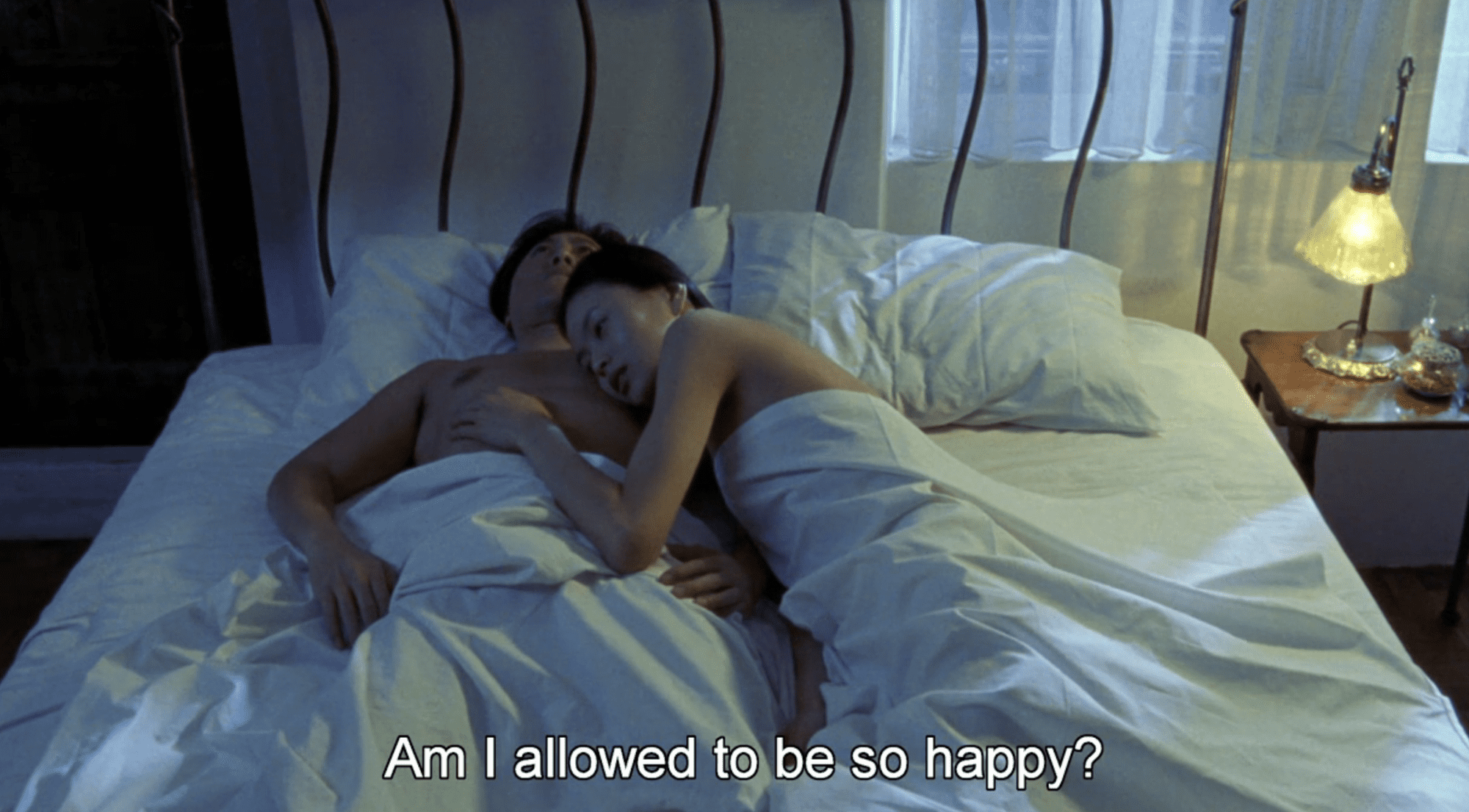
Shigeharu Aoyama – a middle-aged widower – decides to open his heart to find a new partner after many years of living alone with his son. Following the advice of a friend who is a director, he organizes a “fake audition” to select an actress for a fictional film – essentially a ruse to find a potential romantic partner.
At the audition, Asami Yamazaki – a seemingly fragile girl in a modest dress – appears like a vision from a dream. She is of a young age, but her past is shrouded in darkness and mystery. Asami’s charm deeply captivates Shigeharu. He quickly becomes involved with her, unaware that behind her delicate facade lies a web of pain and revenge.
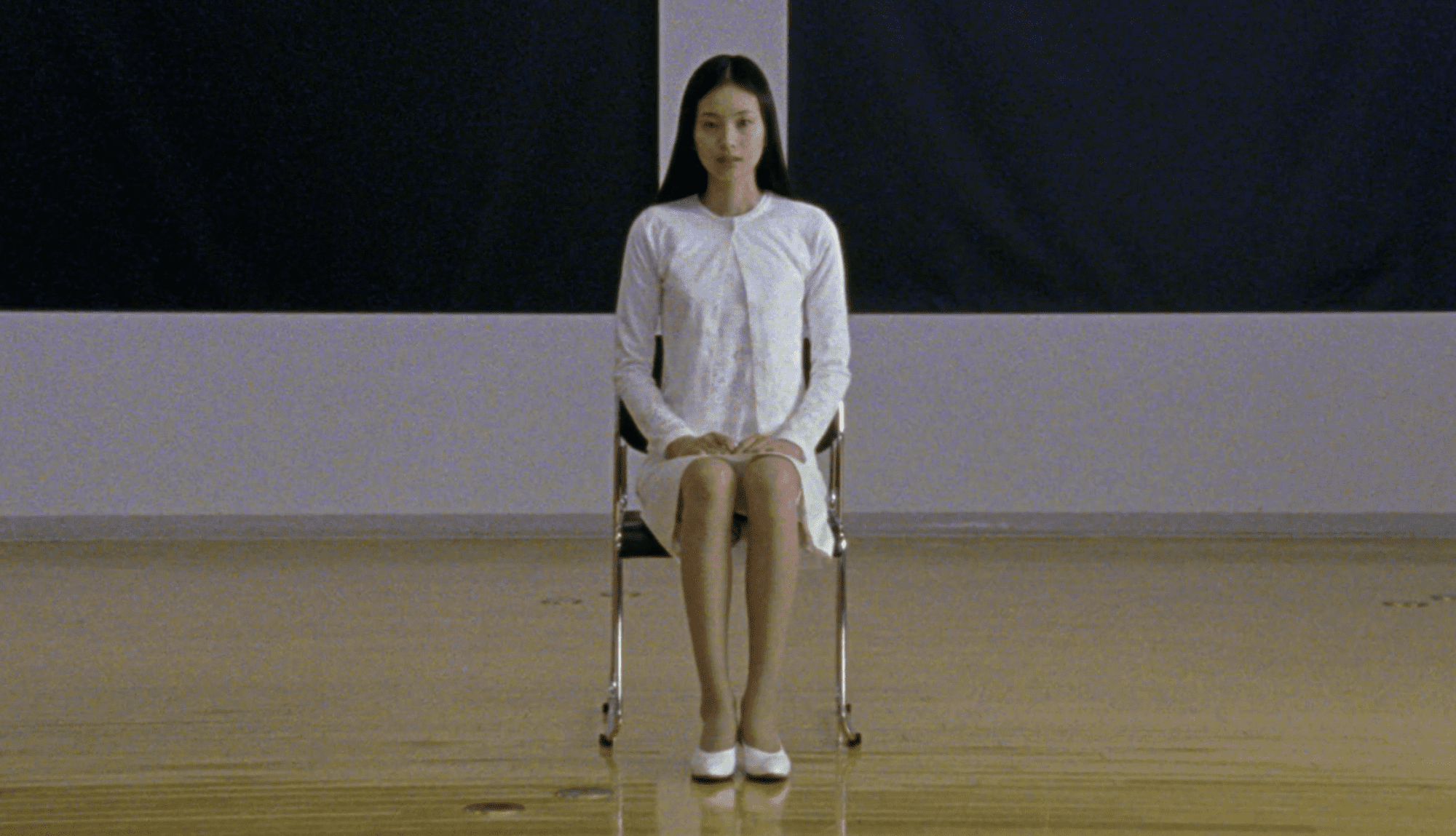
As the film transitions from romance to horror, the audience is drawn into a world of gruesome reality. Asami’s brutal truths emerge, and Shigeharu finds himself ensnared in a nightmare of his own making. He becomes addicted, trapped in an increasingly horrifying situation involving needles, steel wires, and an iron hand – turning Audition into one of the most shocking 18+ films in the history of Japanese cinema.
Controversy Waves Across the Globe
Not only does Audition serve as a critique of love, but it also intricately intertwines deep psychological themes – a characteristic hallmark of 18+ films. Shigeharu’s moments of longing are juxtaposed with the eerie presence of Asami and other women, evoking feelings of both desire and fear.
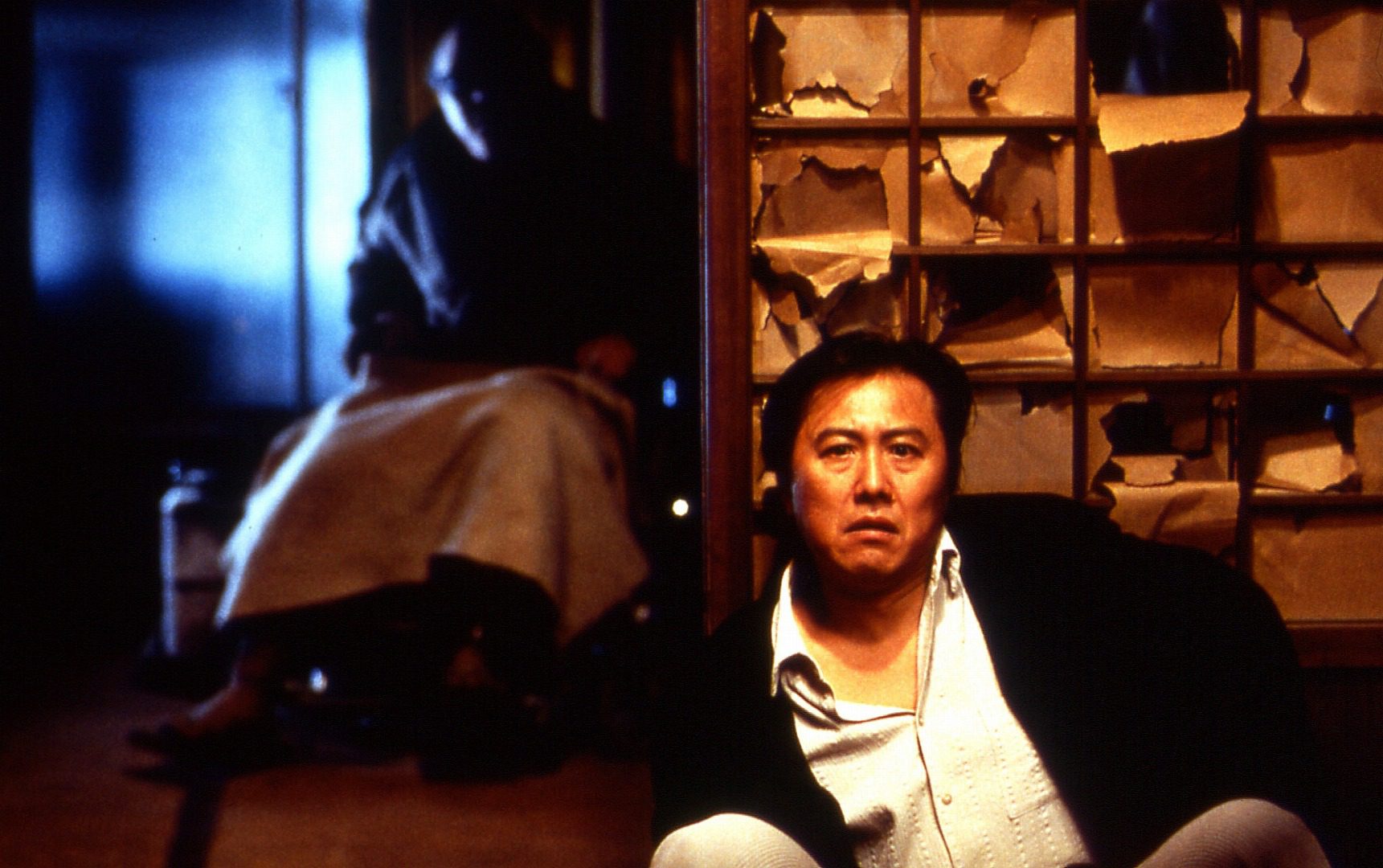
The film does not rely on prolonged explicit scenes or direct displays but rather on the haunting psychological essence. The subtle juxtaposition of desire and power, of craving and restraint, makes Audition a film not to be easily watched – especially not for the faint-hearted.
When screened at the Rotterdam Film Festival and subsequently across European cinemas, many spectators were caught off guard by the intense imagery. Some reviewers reported needing to cover their eyes or leave the theater immediately.
The Guardian once ranked the torture scenes in Audition as “the most horrifying of all time,” while Variety described the film as “so intense it borders on obsession.” Critic Roger Ebert did not shy away from warning: “This is a film that forces you to confront the director’s vision. Miike is dangerous because of his talent.”
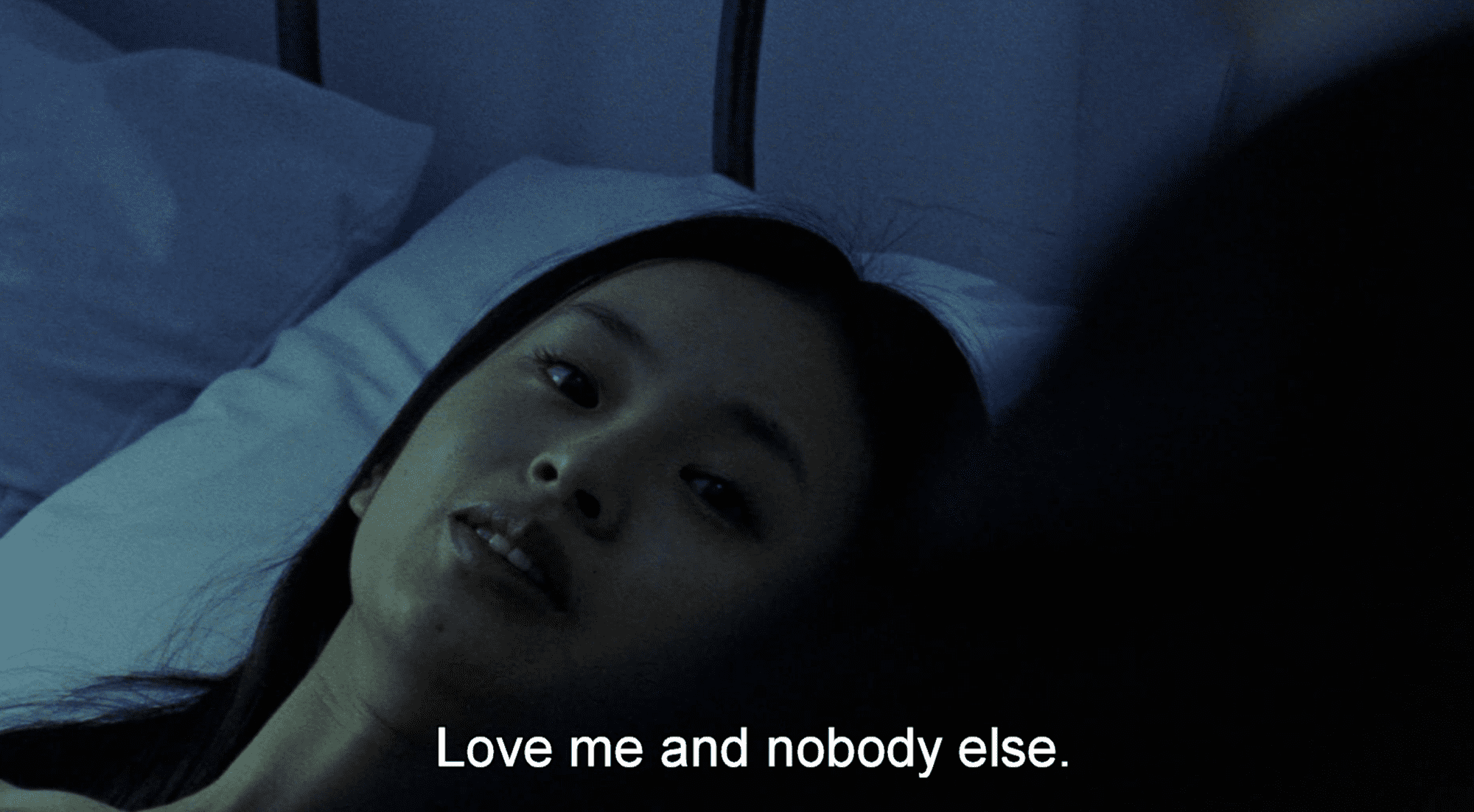
In Japan, the reception of this 18+ film has been notably polarized. Miike’s supporters view it as a creative high point, while the general public often criticizes its intense portrayal. Keywords like “abuse,” “torture,” and “extreme violence” frequently appear in discussions surrounding its screenings.
18+ Film’s Critique of Power Dynamics and Gender
Beneath the layers of violence and desire, Audition is a profound 18+ work that confronts deep artistic themes. The film raises poignant questions: Who is the victim? Who holds the power?
Shigeharu, through his orchestrated auditions, represents a middle-aged Japanese man still clinging to the notion of “choosing” women like products. In contrast, Asami becomes a product of a violent society that has long been subjected to abuse, where female figures are often forced to endure suffering without the ability to escape.
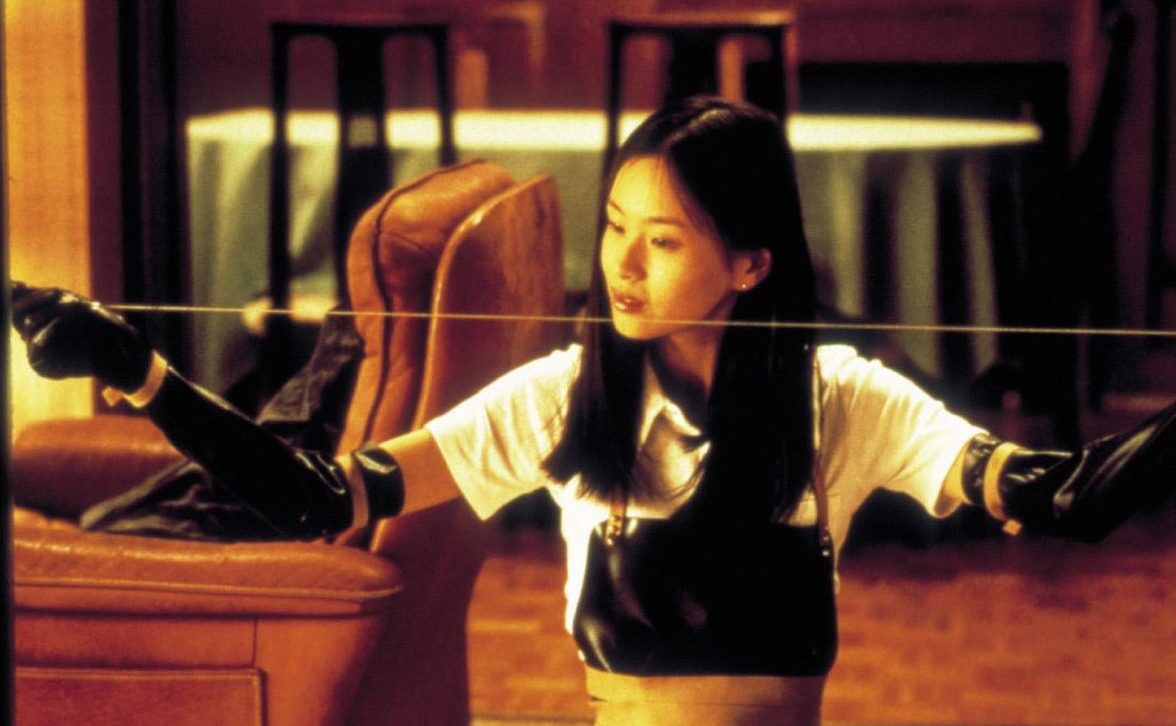
By making the middle-aged man the target of abuse and dominance, Miike subverts traditional power dynamics. Some critics argue that this film is a critical commentary on the struggles women face when gaining control in a patriarchal society.
Although rated highly controversial, Audition is a pivotal milestone in the global wave of J-horror. Following Audition, works like Ringu (1998) and Ju-on (2002) have garnered more attention in Western audiences. Quentin Tarantino and Eli Roth have both acknowledged the significant influence of this film.
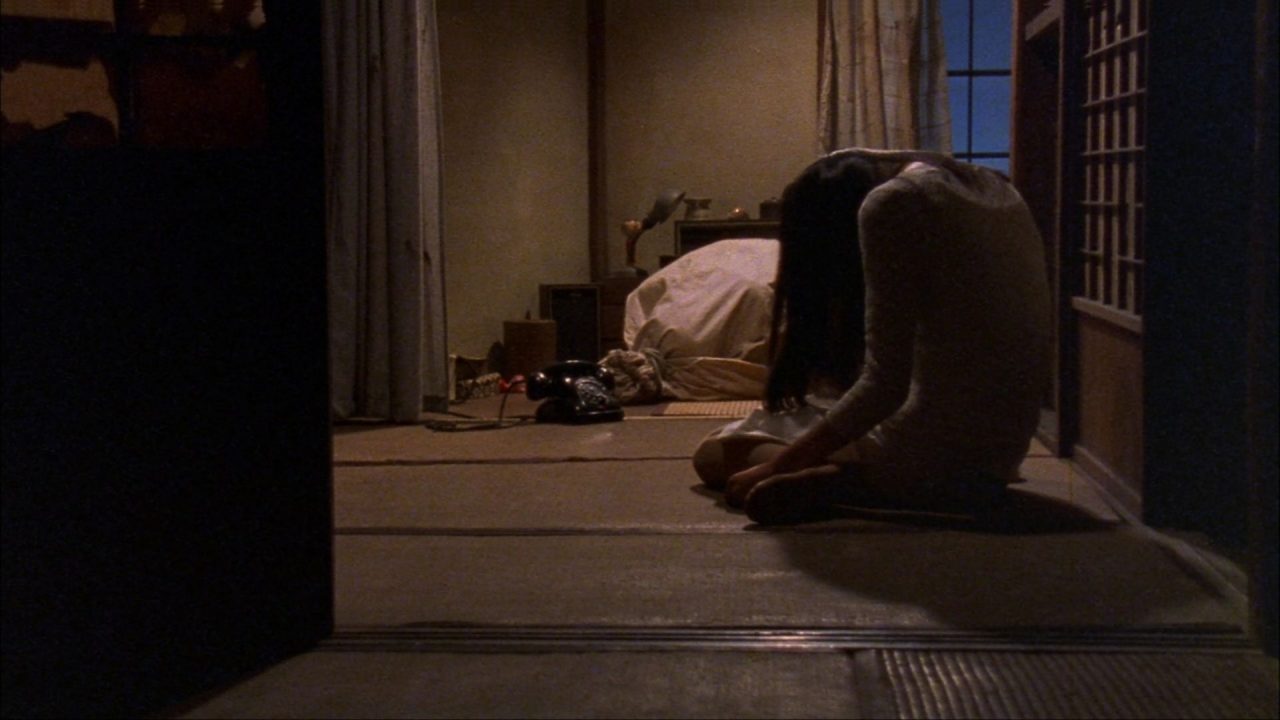
Audition is not merely a horror film. It is an 18+ masterpiece that reflects a bitter perspective on love, desire, the complexity of relationships, and the darker aspects of human psychology. This film serves as a testament to the uncompromising talent of Takashi Miike – a director capable of probing into the darkest corners of human emotion.
In summary, Audition (1999) is not just a shocking 18+ film. It is an audacious artistic work that explores social issues, gender dynamics, and human psychology through a haunting cinematic lens. Watching it once is an experience that cannot be forgotten.





















